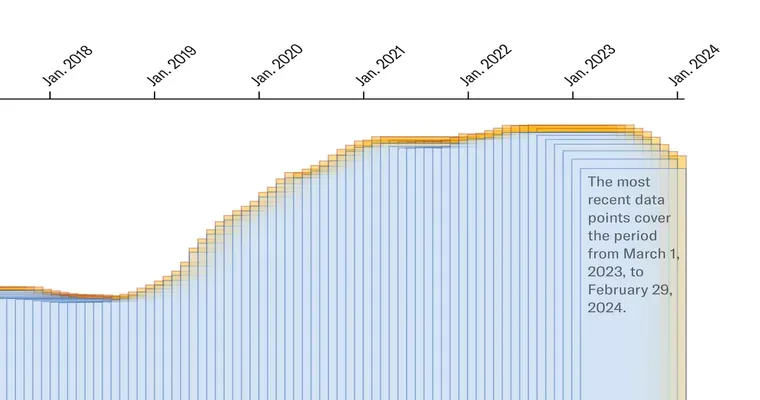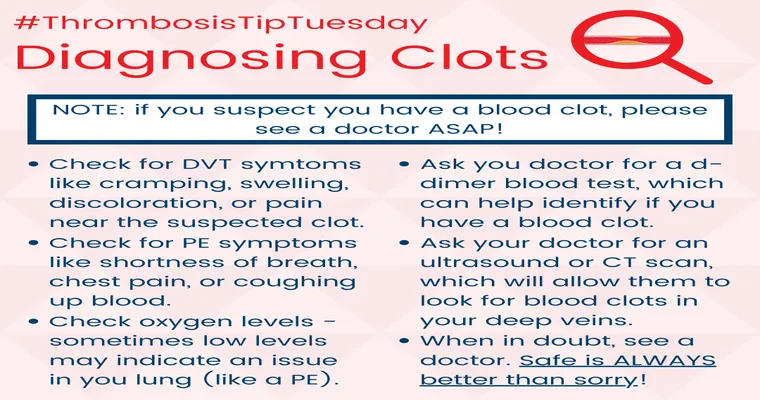As our loved ones age, their health often requires a complex cocktail of "medications" to manage various conditions. However, it is alarming that two surprising types of medications—"opioids" and "benzodiazepines"—are responsible for the majority of "senior overdoses". Understanding the risks associated with these drugs is crucial for caregivers, medical professionals, and seniors themselves to ensure safety and well-being.
The Rising Concern of Opioids
Opioids, often prescribed for "chronic pain", have become a significant concern among the senior population. Although they are effective in managing pain, the risk of "overdose" increases, especially when combined with other medications. Seniors may be more sensitive to the effects of opioids due to age-related changes in metabolism and organ function. Additionally, they often take multiple medications, making the potential for dangerous drug interactions a serious issue.
The alarming statistics surrounding opioid overdoses among seniors highlight this problem. According to recent studies, older adults are experiencing higher rates of hospitalization due to opioid-related complications. Caregivers must be vigilant in monitoring their loved ones’ use of these medications and consult healthcare providers about safer pain management alternatives.
The Dangers of Benzodiazepines
Benzodiazepines, commonly prescribed for "anxiety" and "sleep disorders", are another major contributor to senior overdoses. While they can be effective in treating these conditions, the sedative effects of benzodiazepines can lead to respiratory depression, especially in older adults. This risk is compounded when benzodiazepines are taken alongside opioids, increasing the likelihood of overdose.
Seniors may not realize the cumulative effects of these medications, especially when they are prescribed by different healthcare providers. It is crucial for caregivers and family members to facilitate open communication between seniors and their healthcare teams to ensure that all medications are being managed effectively.
Preventing Overdoses Through Education and Awareness
Education and awareness are key in preventing overdoses from opioids and benzodiazepines among seniors. It is essential for caregivers to stay informed about the medications their loved ones are taking, including the potential side effects and risks associated with each drug. Regular medication reviews with healthcare providers can help identify any unnecessary prescriptions or dangerous combinations.
Encouraging seniors to use a single pharmacy for all their prescriptions can also help pharmacists monitor for potential drug interactions. Furthermore, non-pharmacological approaches to managing pain and anxiety, such as physical therapy, mindfulness, and cognitive-behavioral therapy, should be explored to reduce reliance on high-risk medications.
Conclusion
The surprising prevalence of opioid and benzodiazepine overdoses among seniors underscores the importance of vigilance and proactive management of medications. By prioritizing education, communication, and safe prescribing practices, we can protect our aging loved ones from the dangers of these medications. Awareness is the first step in ensuring that seniors lead safe, healthy lives without the risk of overdose.





